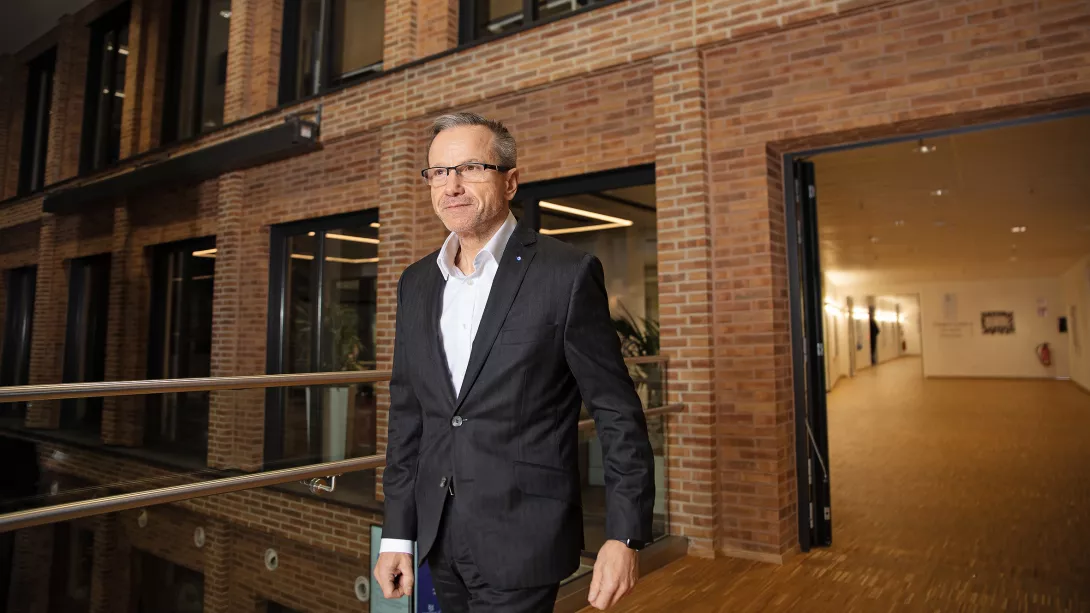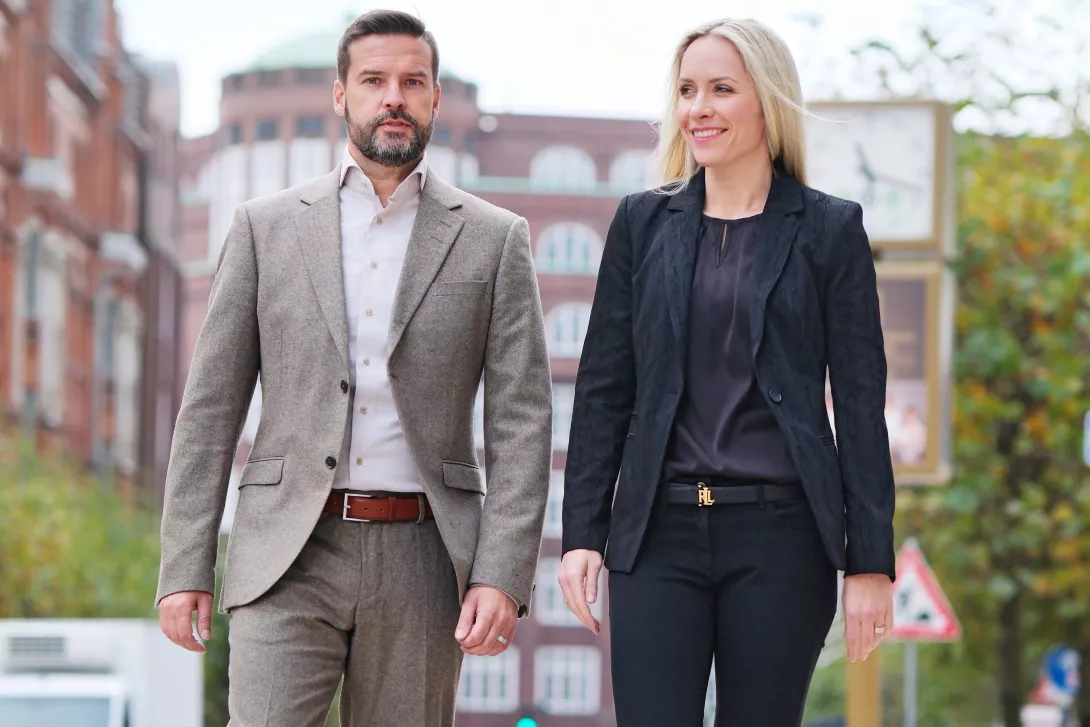“Now the Car Speaks Directly to the Insurance Company”
Horst Nussbaumer, COO at Zurich Group Germany, ensures faster assistance in the event of accident damage.

01.03.2023 | Porsche Consulting – The Magazine
Comprehensive car insurance pays out in the event of destruction, damage, or loss of the vehicle. When customers report a claim, a time-consuming and personnel-intensive process begins for their insurance company. In addition to general claims processing, it often involves legal expertise and expert opinions. This takes time, is expensive, and squeezes profit margins in comprehensive insurance.
Horst Nussbaumer intends to change that by using artificial intelligence and data analysis in claims processing. “Now the car speaks directly to the insurance company,” says the chief operating officer and head of claims, IT & operations at Zurich Group Germany. The technical prerequisites in modern cars are already pretty much there thanks to built-in sensors and electronic network integration in the vehicles and they already send a wealth of data. The “Zurich Call” builds on this. The aim is for the vehicle to automatically register an accident and report all the relevant data directly to the insurance company. The sensors in the car, mobile telephony, and satellite navigation provide the technical basis. Airbag deployment is one of the signals that would cause the accident to be reported to the insurance company, but drivers can also trigger the notification manually by pressing a button for example, in the event of minor damage. The insurer then instantly contacts the driver to provide assistance, for example with a towing service, a nearby workshop, and a replacement car.


